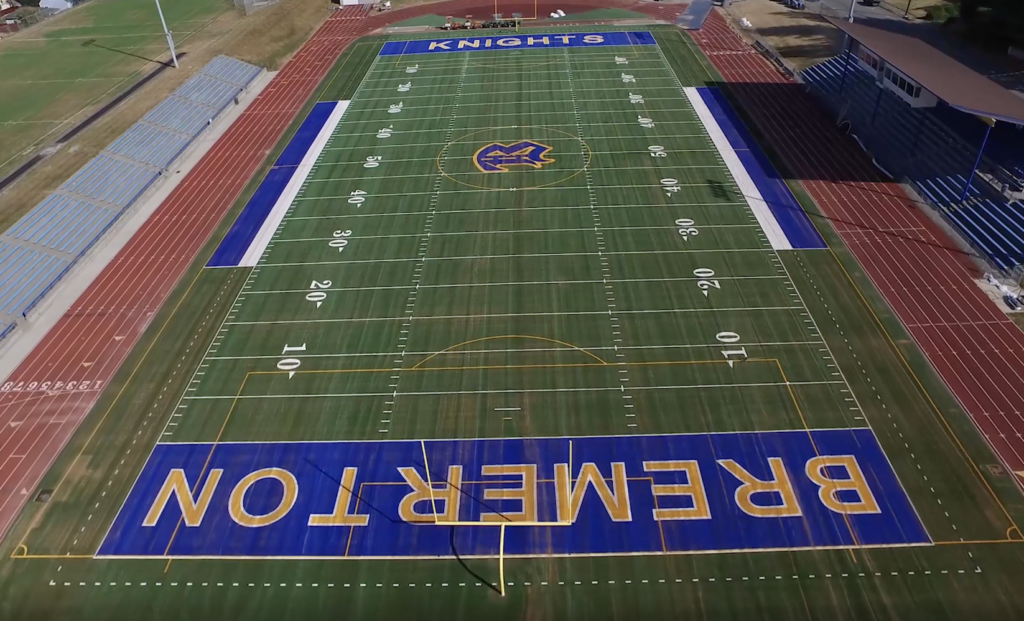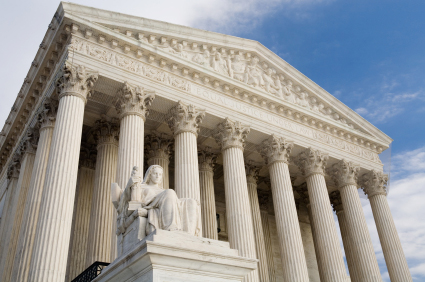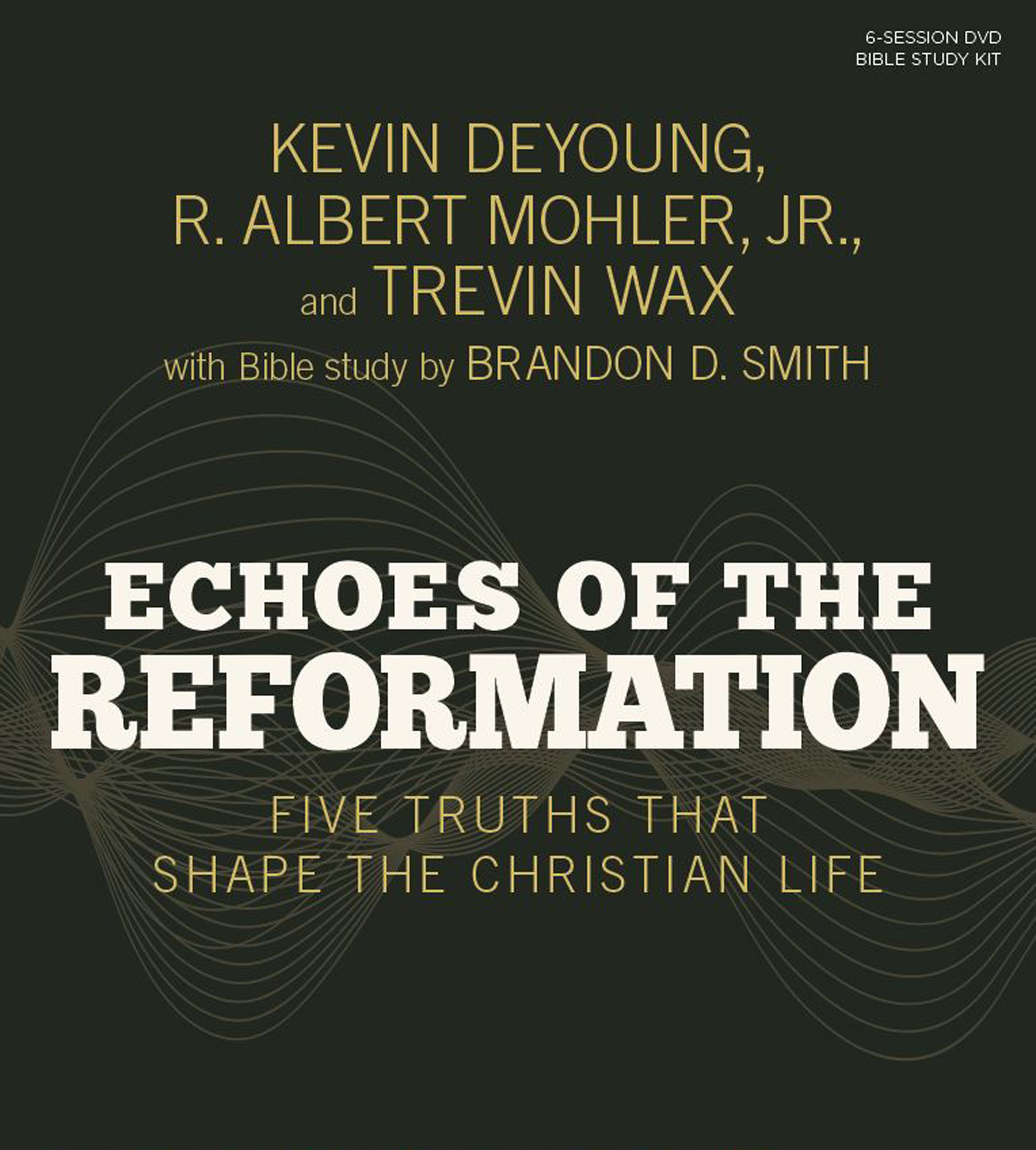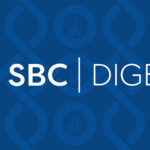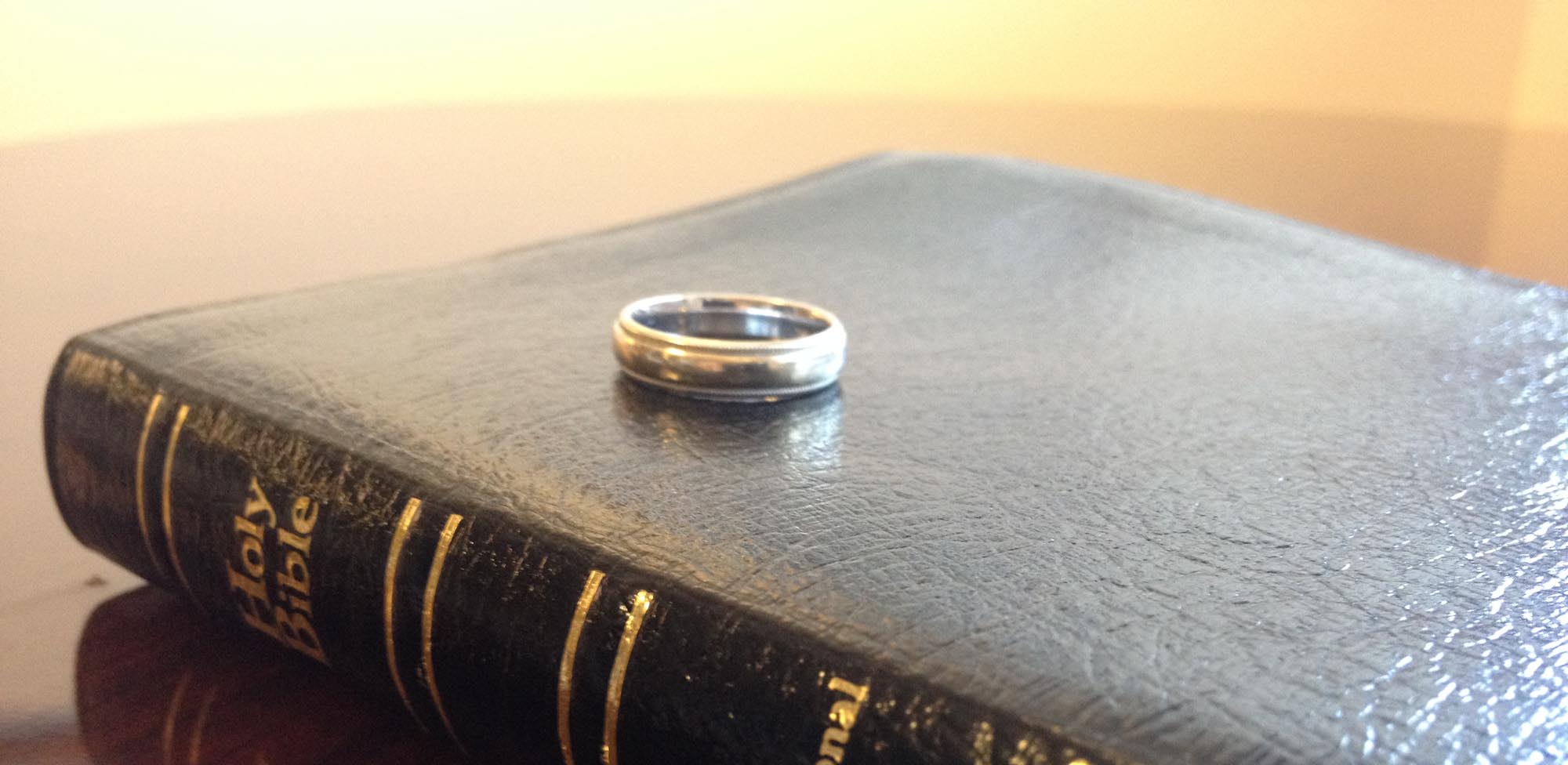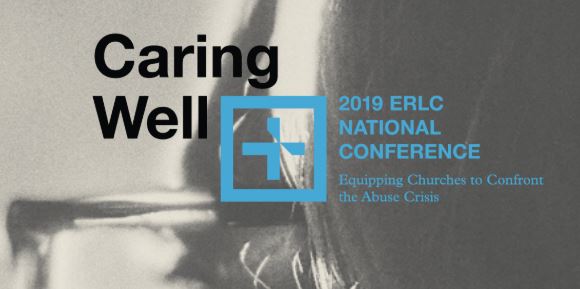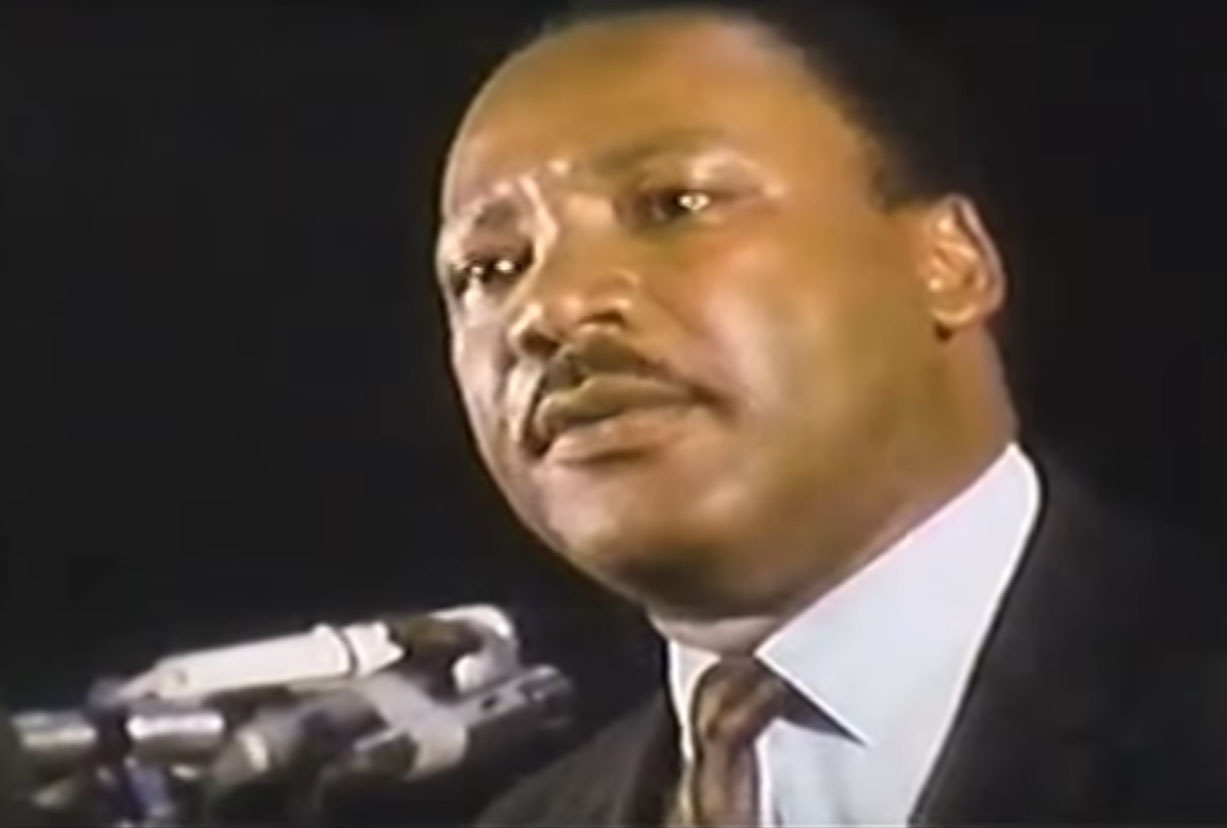
WASHINGTON (BP)—The Southern Baptist Ethics & Religious Liberty Commission is again asking the U.S. Supreme Court to review and overturn a lower court decision it and other organizations contend violates the First Amendment rights of public school teachers and coaches.
The ERLC and 13 other organizations, including the Billy Graham Evangelistic Association (BGEA), filed a friend-of-the-court brief Oct. 18 in support of a Washington state high school football coach who was suspended for kneeling and praying on the field after games. The brief urged the high court to accept the case and reverse the Ninth Circuit Court of Appeals’ decision that Joseph Kennedy’s act of praying – ultimately joined by some players — constituted a government establishment of religion.
In 2018, the Southern Baptist entity joined eight other groups in a brief that called for Supreme Court review and repudiation of the Ninth Circuit in the case, but the justices declined to grant the request at the time. The case returned to federal court and has now worked its way back through the judicial system.
Chelsea Sobolik, the ERLC’s director of public policy, urged the Supreme Court to grant the petition for a review in “this important case.”
“Everyone, and in this case Coach Kennedy, should have the ability to participate in the public square without being forced to check their religion at the door,” Sobolik said in written comments. “As Christians, our faith shapes the totality of how we live and structure our lives, and the government must allow people of faith to live out their convictions according to their religious beliefs.”
In their brief, the ERLC and its allies said the Ninth Circuit’s opinion “sets a precedent that strikes at teachers’ fundamental freedoms of speech, religion, and assembly.”
The Supreme Court “should take the opportunity to correct” the Ninth Circuit’s “wrong-headed view of the Establishment Clause,” according to the brief. The court of appeals mistakenly ruled “the Establishment Clause can excuse the Free Exercise Clause violation,” the brief said. The First Amendment prohibits a government establishment of religion and guarantees free exercise of religion.
According to the brief, it is obvious a public school teacher “wears two hats – that of a private citizen and that of a government worker. No one is confused by that. [A]ction taken by a teacher, even on school grounds and during school hours, that is personal in nature has the protection of the Free Exercise, Speech, and Assembly Clauses [of the First Amendment] and does not implicate the Establishment Clause.”
The fact some players from both teams, as well as other people, joined Kennedy on the field “does not alter the character of the coach’s private exercise of religion,” the brief said. “It is hard to fathom how this made it a school-sponsored event, rather than a private assembly of like-minded individuals.”
Beginning in 2008, Kennedy – an assistant coach with the Bremerton (Wash.) High School varsity team – would walk to the 50-yard line after each game, kneel and briefly pray, thanking God for the players. Players eventually began joining him, and Kennedy, who was also head coach of the junior varsity team, continued the practice for the next seven years. He also reportedly gave motivational speeches to players on both teams who gathered around him.
During the 2015 season, the school district superintendent sent a letter to Kennedy telling him to refrain from the post-game prayers and from religious expression in his motivational talks to players. The superintendent said Kennedy’s practices likely violated the Establishment Clause. After abiding by the mandate for a few weeks, Kennedy returned to his former practice of praying at midfield and was joined by others.
The school district placed Kennedy on administrative leave as a result. The athletic director recommended the school not rehire him in 2016, and Kennedy declined to apply for a coaching position when a new head coach was hired for the next season.
After a federal judge dismissed Kennedy’s lawsuit against the school district, a three-judge panel of the Ninth Circuit Court in San Francisco declined to grant him a preliminary injunction. The judges ruled Kennedy knelt and prayed “as a public employee, not as a private citizen, and his speech therefore was constitutionally unprotected.”
When the Supreme Court refused to review the decision in 2019, Associate Justice Samuel Alito and three of his colleagues explained in an opinion that “unresolved factual questions” made a decision at that point “very difficult if not impossible.” Alito said, however, the Ninth Circuit’s ruling might call for the high court’s review in the future.
The federal court again ruled in favor of the school district in 2020, and a Ninth Circuit panel upheld the judgment in May. The Ninth Circuit rejected in July a request by Kennedy for a rehearing by the full court.
In addition to the ERLC and BGEA, other organizations signing onto the brief were the National Association of Evangelicals, Concerned Women for America, Lutheran Church-Missouri Synod, Anglican Church in North America, National Legal Foundation, Samaritan’s Purse, Congressional Prayer Caucus Foundation, Pacific Justice Institute, International Conference of Evangelical Chaplain Endorsers, Veterans in Defense of Liberty, Family Foundation and Illinois Family Institute.
The case is Kennedy v. Bremerton School District. Bremerton is across Puget Sound from Seattle.
